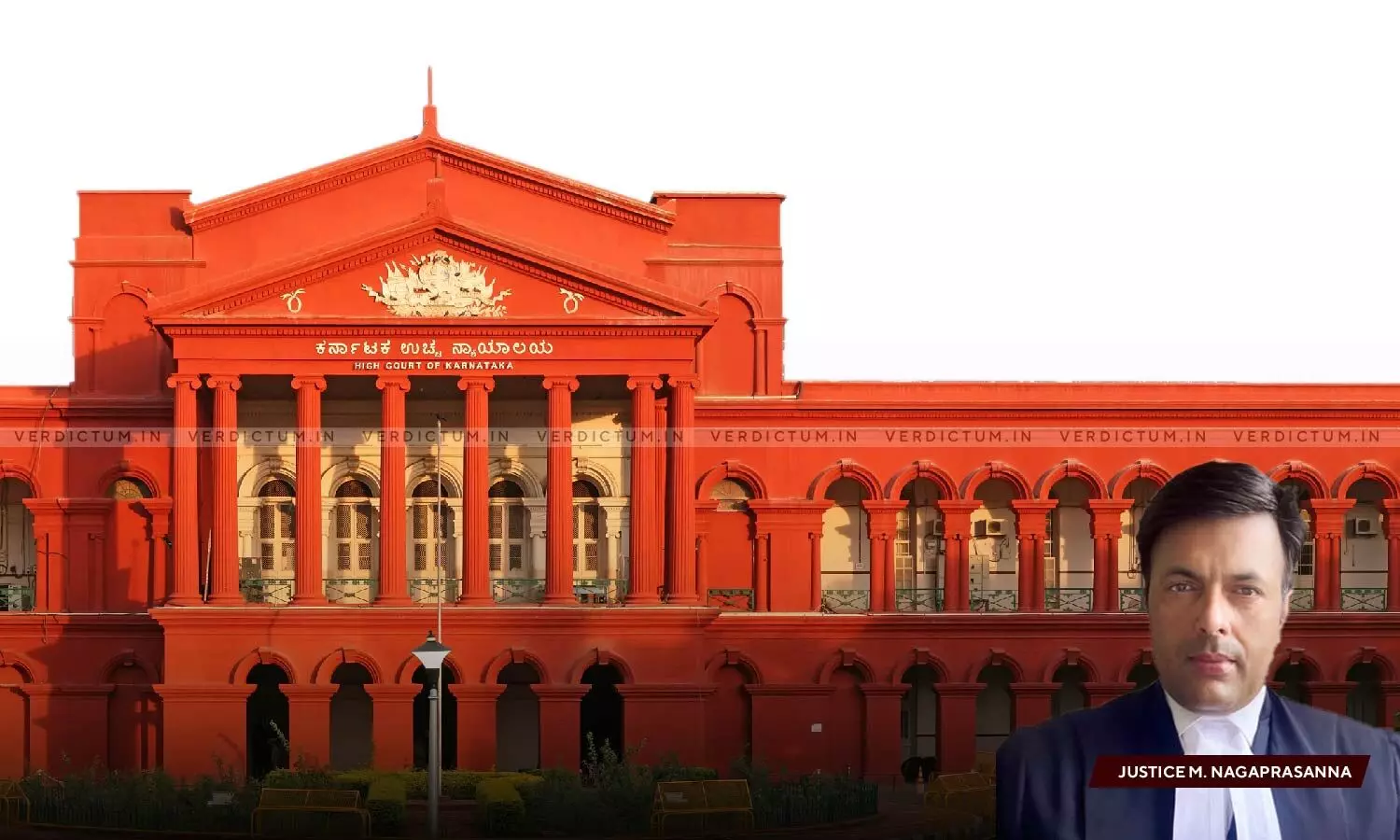
"Unpardonable": Karnataka HC Refuses To Quash POCSO Case Against Teacher Accused Of Recording Videos Of Girl Students Changing Clothes
 |
|The Karnataka High Court rejected a school teacher’s petition to quash an FIR against him under Section 12 of the POCSO Act, following allegations of recording videos and taking photographs of minor girl students while they were changing clothes.
Calling the alleged offence “unpardonable,” the Court stated that being a teacher, it was “indecorous” on his part to have allegedly done the “horrendous” acts.
A Single Bench of Justice M. Nagaprasanna observed, “More than horrendous, I say, for the reason that the petitioner is a teacher; being a teacher it is indecorous on the part of the petitioner to have allegedly shot the videos and taken pictures of girl children at the time when they are changing their dress, the alleged offence is unpardonable, albeit prima facie. If this cannot become a crime, it is ununderstandable as to what else can be.”
Senior Advocate S.P. Kulkarni appeared for the petitioner, while Addl. SPP B.N. Jagadeesha represented the respondents.
The petitioner called in question the registration of a crime under Section 12 of the Protection of Children from Sexual Offences (POCSO) Act, 2012.
The prosecution alleged that the Joint Director of the Social Welfare Department (Department) had received a complaint through the department's control room. The complaint alleged that a drawing teacher in a residential school was recording videos and taking photographs of minor girl students. The complaint further alleged that these videos were broadcasted on several TV channels. Following this, an FIR was registered against the teacher under Section 12 of the POCSO Act.
The High Court explained the meaning of sexual harassment under Section 11 of the POCSO Act. The Bench stated that any person who makes a child exhibit their body to be seen by such person or any other person can be punished under Section 12 of the POCSO Act. “Further even if he utters any word or makes any gesture or exhibits any object or part of body is said to be committing sexual harassment,” the Court clarified.
"If the complaint is noticed, it becomes unmistakably clear that the ingredients as obtaining under Section 11 of the Act are undoubtedly present in the case at hand," the Court remarked.
The Court took note of the shocking material seized from the hands of the teacher at the time of the investigation. The articles seized were sent to Forensic Science Laboratory (FSL). “What is shocking is that the petitioner has 5 mobile phones of different brands…Each of the mobile phone has close to 1000 images and several hundreds of videos. The petitioner is a drawing teacher. Why he is in possession of 5 mobile phones, and what are the videos and pictures therein, are all a matter of investigation,” the Court noted.
Consequently, the Court stated, “It is for the petitioner to come out clean in a full blown trial, as any entertainment of the petition at this juncture, at the stage of registration of crime, would be putting a premium on the illegal activities of the petitioner/ teacher.”
Accordingly, the High Court rejected the petition.
Cause Title: Muniyappa v. The State of Karnataka & Anr.
Petitioner: Senior Advocate S.P. Kulkarni; Advocate Vasanthakumar K.M.
Respondents: Addl. SPP B.N. Jagadeesha